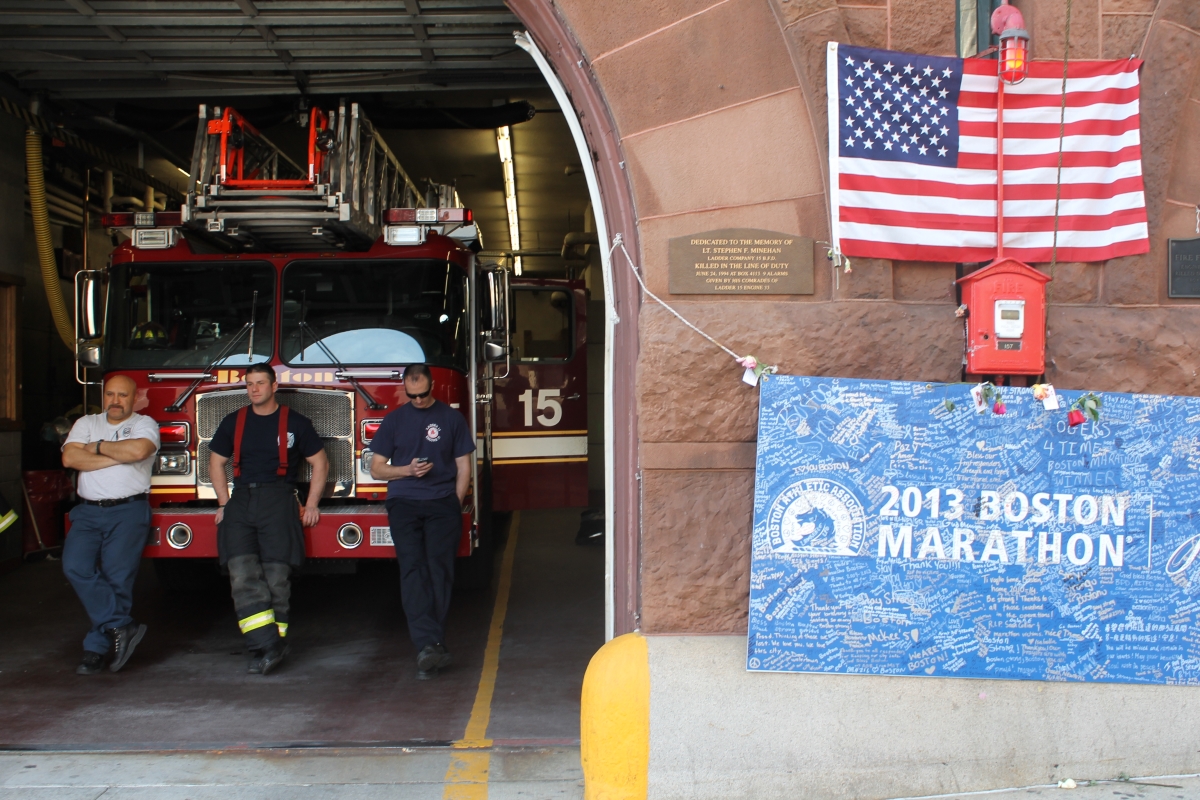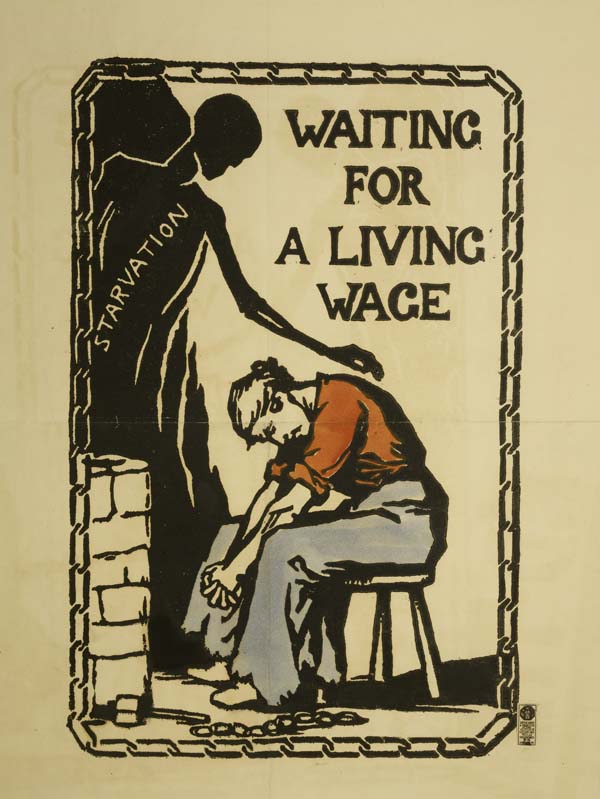When your city is terrorized, how do you react? Judith Butler says that we ought not to react to violence with violence. We should take a different approach. Butler does not suggest that we ignore the perpetrator, or let him or her walk free. Instead, we ought to give the criminal a trial, and not launch an attack that could result in the deaths of innocents. Launch an investigation. Don’t start a war. I want to weave my discussion of Butler’s book through my experiences at the Boston Marathon because her words and her political philosophy can help us understand and react to this tragedy.
April 15th was just like any other Marathon Monday. We were waiting by the Prudential Center for my aunt and family friend to turn the corner. “Any minute,” my friend said to me. “They’re at mile 25 now.” Suddenly, the sky exploded with a reverberation that shook Boylston Street. The air around us filled with a chalky white dust, followed by screams of pure terror that will remain in my memory forever. Chilling images of runners halting mid-pace, their faces changing from elated to petrified as they turned back around to run from the explosion, are a part of me now.
When you’re in the midst of a tragedy like that, too far to see carnage, but close enough to see the act of terror, your brain tries to rationalize what happened. It tries to tell you that it wasn’t a bomb, that it was just a celebratory gesture. It will try to tell you that those screams of sheer terror were just your imagination and the sulfuric smell was just some Revolutionary War reenactment, that the noise still ringing in your ears was just a cannon blast. It isn’t until later, numb with terror and fear, that you begin to process it. Someone attacked your city. Someone wanted to kill people like you.
A nation watched as Boston police chased down a suspect. It was around this time that I began drifting out of the fog in which I had been floating for a few days and remembered Judith Butler. Butler speaks of many things, from vulnerability to how we grieve, and how we as a society react to situations like this. On page 29, she says that we didn’t grieve enough after the events of 9/11. As a nation, we fear grief. Maybe we see it as a weakness; maybe we’re afraid that a strong display of emotion will make others think that our strength is gone. Essentially, it makes us vulnerable. As strong and resilient Americans, we would have none of that.
Butler speaks of the way President George W. Bush called for action 10 days after the attack. He called for a direct attack on Afghanistan and on “terror” because of the turmoil and tragedy they brought upon the American people. Butler says this was a mistake; that we ought to take more time to reflect on life’s vulnerability, on the precariousness of life because when we grieve, we are reflecting on the victims and what they meant to us. We are reflecting on our broken community and how we will repair it. We are reminding ourselves that it could have been us. We could have been at the finish line at the wrong moment. “Mindfulness of this vulnerability can become the basis of claims for non-military political solutions, just as denial of this vulnerability…can fuel the instruments of war” (Butler 29). However, Butler is not suggesting we let the Boston bombers go. The criminals and anyone found to be responsible for the attacks should be brought to justice and tried in whatever court deemed necessary.
But for whom should we grieve? How do we decide who we should and should not grieve for? Reports of a bombing in Afghanistan surfaced on Monday as well. 30 people at a wedding were killed. Later in the week, a fertilizer plant exploded in West, Texas. As I was processing the events that occurred at the Boston Marathon, Butler encourages us to grieve for the loss of all human life in the same way. The loss of any human life is to be regarded as an assault on human rights.
“But those lives in Afghanistan, or other United States targets, who were also snuffed out brutally and without any recourse to any protection, will they ever be as human as Daniel Pearl? Will the names of the Palestinians stated in that memorial submitted to the San Francisco Chronicle ever be brought into public view? (Will we feel compelled to learn how to say these names and to remember them?)” (Butler, 37).
I felt annoyed with classmates who scoffed at this. I’m a humanist, I thought. I’m informed. I know about these things, and I feel shame at the fact that only white American men are ever called heroes. I feel shame that we don’t know the names of the 30 Afghani people who were also tragically killed Monday. I feel guilty that the earthquakes in China, Iran and Pakistan, and the tragedy in West, Texas got swept up in our own madness and terror here in Boston. But still, I grieved more for Boston. I wept openly in the days that followed. I sat, wide-eyed and groggy on Friday morning, a fresh new wound opening in my heart as I watched the news for hours, waiting and watching. It was here that I also thought of Butler. Did I still agree with her argument, one I furiously defended just one week earlier?
Yes, I still agreed with Butler. In the days that followed, I made it my promise not to be complacent any longer. It’s a shame that it took an assault on Boston and the death and injury of innocent people to put this into perspective. Butler is not saying that we shouldn’t grieve deeply for the loss of life at the Boston Marathon, or in any other tragic event that is relative to us. What Butler is saying is that we should dial that back to our “human community,” because if we just grieve for those close to home, we are deciding which lives are worth grieving, and which lives are not.
It’s tempting in these circumstances to grieve for the lives lost and torn apart by the Boston Marathon bombings. I know that I will continue to wrestle with questions of why and feelings of grief for weeks and months to come. But in spite of all that, we cannot grow complacent to people in corners of the world we’ve never heard of. We must recall our feelings of anguish and suffering and realize that someone goes through this kind of horror every day.
Katie Dillon
Political Science ’15
Butler, Judith (2006). Precarious Life. Verso.



